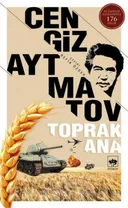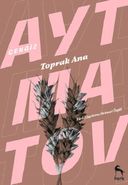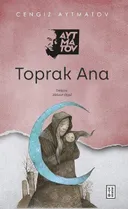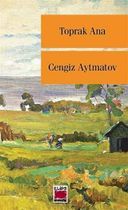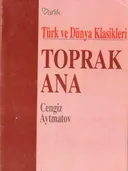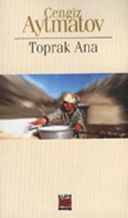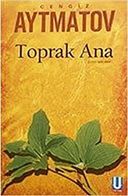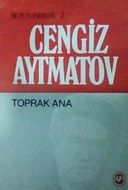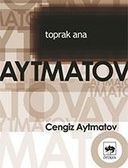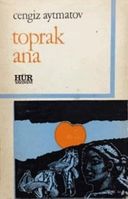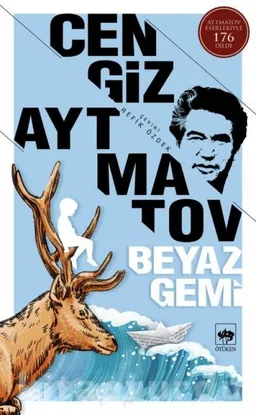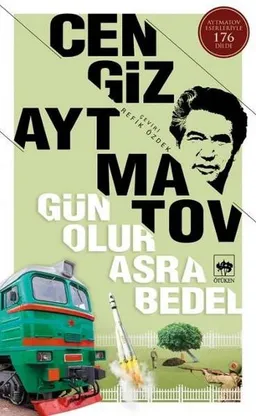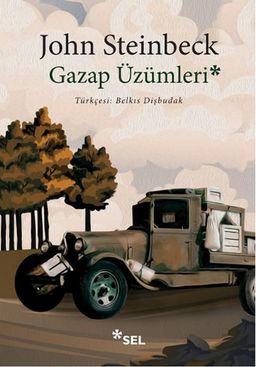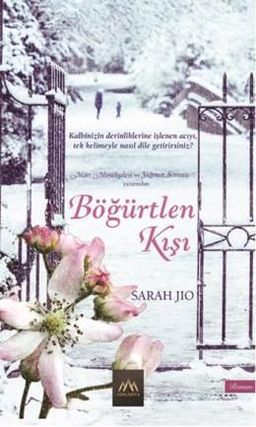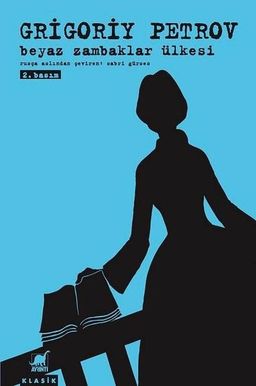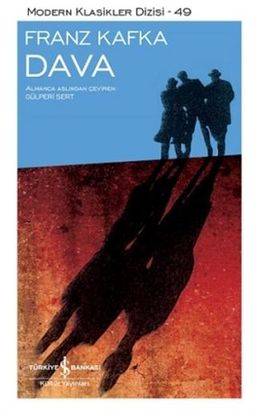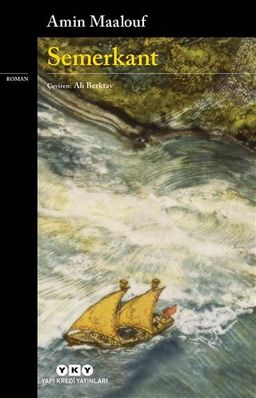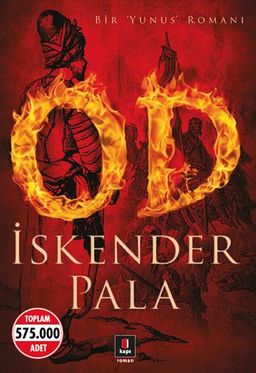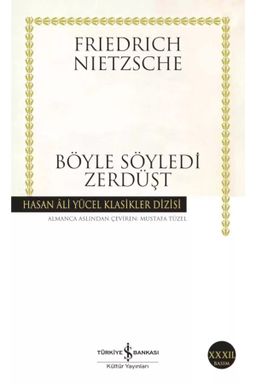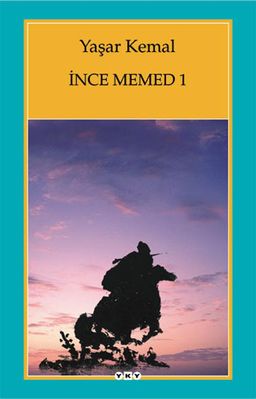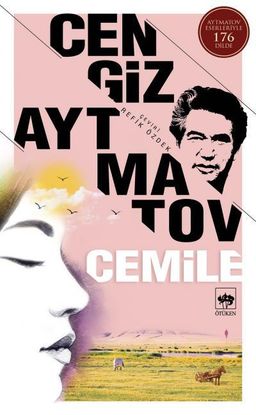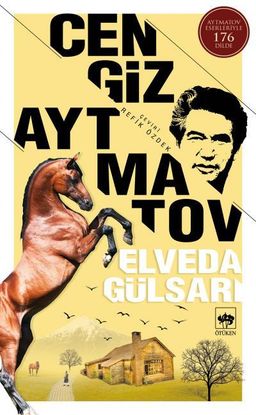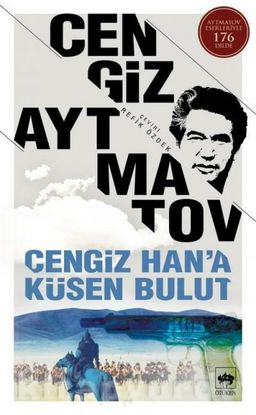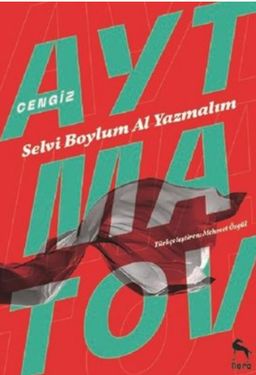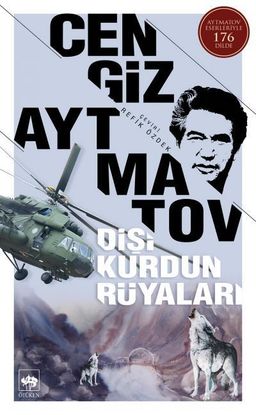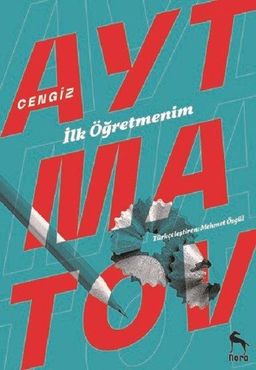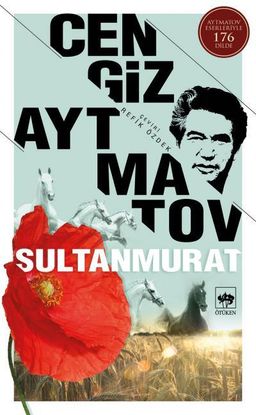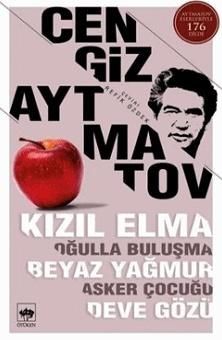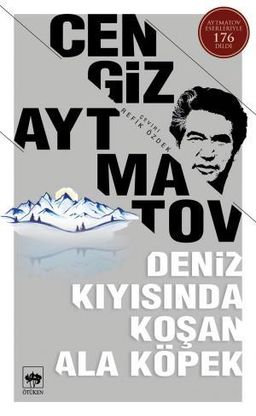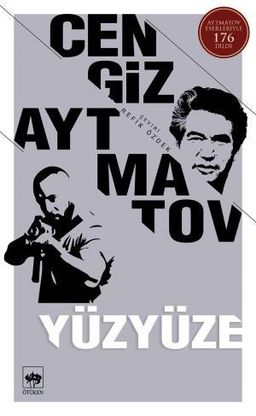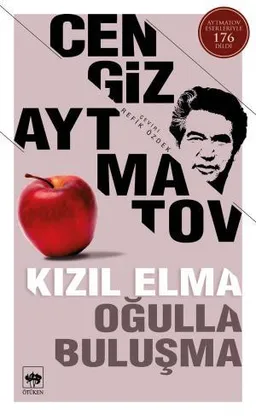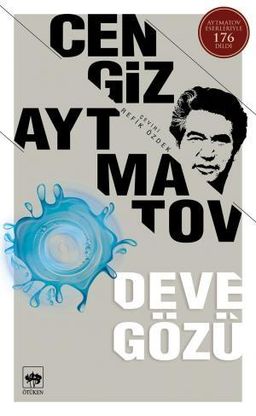Toprak Ana
Cengiz AytmatovAbout Toprak Ana
Toprak Ana subject, statistics, prices and more here.About
Erkekleri askere alınan köylerde geride kalanların çektiği sıkıntılar etkileyici bir üslupla anlatılır. Eldeki yetersiz yiyeceğin muhtaç olandan başlanarak dağıtılması, dört gözle beklenen hasat zamanları, umutların hasat zamanına ertelenmesi, savaş yüzünden ürünün hemen hepsinin merkezden istenmesi, boşa çıkan umutlar, yine açlık, sefalet, bir yandan cepheden gelen ölüm haberleri, umutsuz bekleyişler, savaşın uzun sürmesi üzerine aşağı çekilen cepheye çağrılma yaşı, yine gidenler, ayrılıklar, gözyaşları... Yani tek kelimeyle ve bütün zulmetiyle; savaş.
Author: Cengiz Aytmatov
Türler:
Estimated Reading Time: 4 hrs. 3 min.Page Number: 143Publication Date: September 2011First Publication Date: 1963Publisher: Yabancı RomanlarOriginal Title: Rusça: эне жер [ene jer]ISBN: 9789754371547Country: TürkiyeLanguage: Türkçe
Other Editions
Toprak Ana
58.2k okunmaÖtüken Neşriyat · March 2022 · 136 syf
Toprak Ana
1,373 okunmaNora Kitap · October 2018 · 148 syf
Toprak Ana
1,009 okunmaKetebe Yayınları · May 2021 · 148 syf
Toprak Ana
538 okunmaElips Kitapları · October 2012 · 120 syf
Toprak Ana
371 okunmaVarlık Yayınları · 1995 · 147 syf
Toprak Ana
169 okunmaElips Kitapları · 2015 · 106 syf
Toprak Ana
91 okunmaUfuk Kitapları · 25 January 2008 · 127 syf
Toprak Ana
89 okunmaCem Yayınevi · 1980 · 159 syf
Toprak Ana
86 okunmaYabancı Romanlar · September 2011 · 143 syf
Toprak Ana
72 okunmaHür Yayınevi · 1975 · 175 syf
Toprak Ana
28 okunmaMola Kitap · 1995 · 90 syf
Toprak Ana
23 okunmaGün Yayınları · 1968 · 276 syf
Book Statistics
All statistics
Statistics of this edition
Reader Profile of the Book
Kadın% 72.0
Erkek% 28.0
0-12 Yaş
13-17 Yaş
18-24 Yaş
25-34 Yaş
35-44 Yaş
45-54 Yaş
55-64 Yaş
65+ Yaş
About the Author
Cengiz AytmatovYazar · 68 books
This text has been automatically translated from tt. Show Original
Cengiz Aytmatov, (Kyrgyz: Чыңгыз Айтматов (Çıňğız Aytmatov), Russian: Чингиз Торекулович Айтматов) (b. 12 December 1 928, Kyrgyzstan - 10 June 2008, Germany).
Famous Kyrgyz Turk writer, journalist, translator and politician. He was born on December 12, 1928 in the village of Sheker of Talas province in northwestern Kyrgyzstan. His father, Torekul Aytmatov, was a distinguished statesman in Soviet Kyrgyzstan, but was arrested in 1937 and executed by firing squad in 1938. His mother, Nagima Hamziyevna Abdulvaliyeva, a Tatar girl, was a theater actress. Its name was inspired by Genghis Khan.
His youth coincided with a troubled period. At that time, he had to struggle with the political system that was just beginning to establish itself, and also with the war. He started working at a very young age; because II. The effects of World War II on the USSR also affected young people. Since adults were at war, young people had a great responsibility. At the age of fourteen, he joined the secretariat in his village. Here he worked in jobs such as counting agricultural machinery and tax collector. From his village, he went to Kazakhstan and studied at Cambul Veterinary Technical School. Later, he went to Bishkek, the current capital of Kyrgyzstan, and continued his education at the Frunze Agricultural Institute. He then transferred to the Maxim Gorky Literary Institute and studied in Moscow between 1956 and 1958. He started writing in the Pravda newspaper in these years. He became famous with his works and was accepted as a member of the Union of Soviet Writers in 1957. He received the Lenin Prize in 1963. His works have been translated into more than one hundred and fifty languages. He represented the Soviet Union and the Russian Federation as ambassador between 1990 and 1994, and then the Kyrgyz Republic until 2008.
Aytmatov fell ill on May 16, 2008, in Kazan, the capital of Russia's Republic of Tatarstan, where he went to film the movie of his novel "A Day Will Be Worth a Centuries" and was brought to Germany for treatment with a diagnosis of kidney failure. Cengiz Aytmatov, who was treated at the Clinicum Nord in Nuremberg, Germany, fell into a coma. He died in Nuremberg on June 10, 2008.
Books
Beyaz Gemi
8.2/10
Toprak Ana
8.9/10
Gün Olur Asra Bedel
8.4/10
Cemile
7.8/10
Elveda Gülsarı
8.4/10
Cengiz Han'a Küsen Bulut
8.5/10
Selvi Boylum Al Yazmalım
8.8/10
Dişi Kurdun Rüyaları
8.7/10
İlk Öğretmenim
9/10
Sultanmurat
8.3/10
Kızıl Elma - Oğulla Buluşma - ...
8.1/10
Deniz Kıyısında Koşan Ala Köpe...
8.5/10
Yüzyüze
8.4/10
Kızıl Elma - Oğulla Buluşma
8.2/10
Deve Gözü
7.8/10
